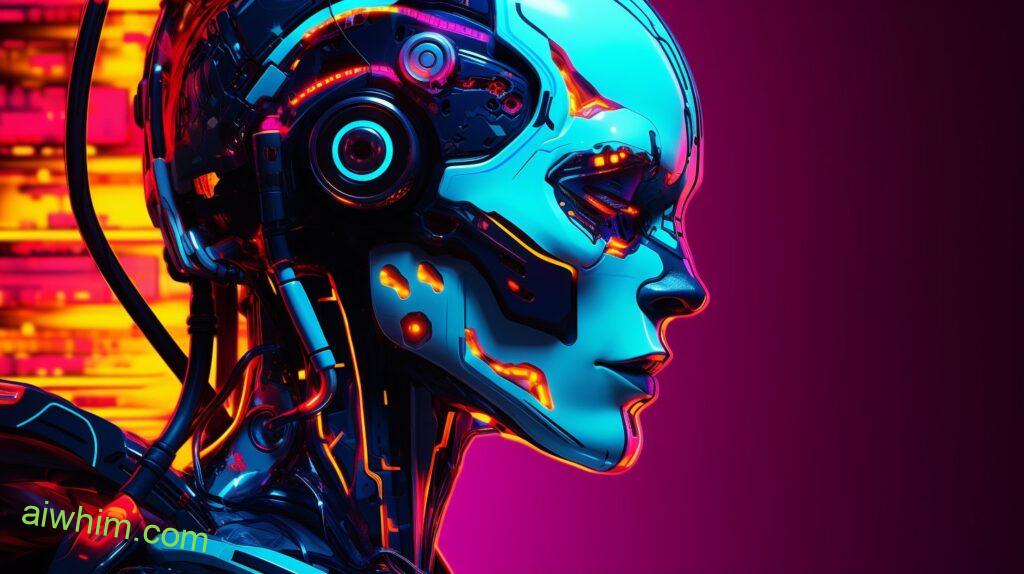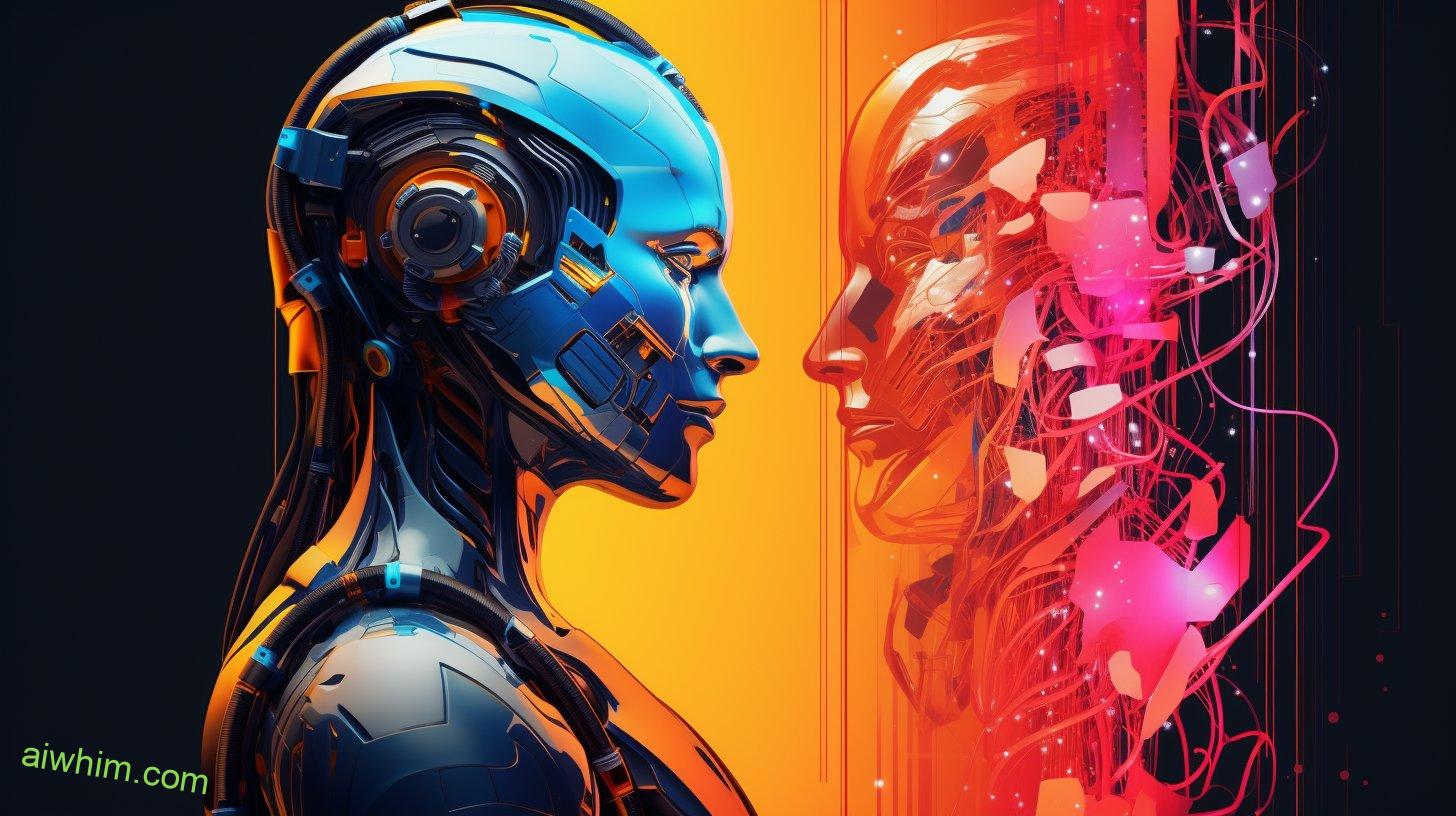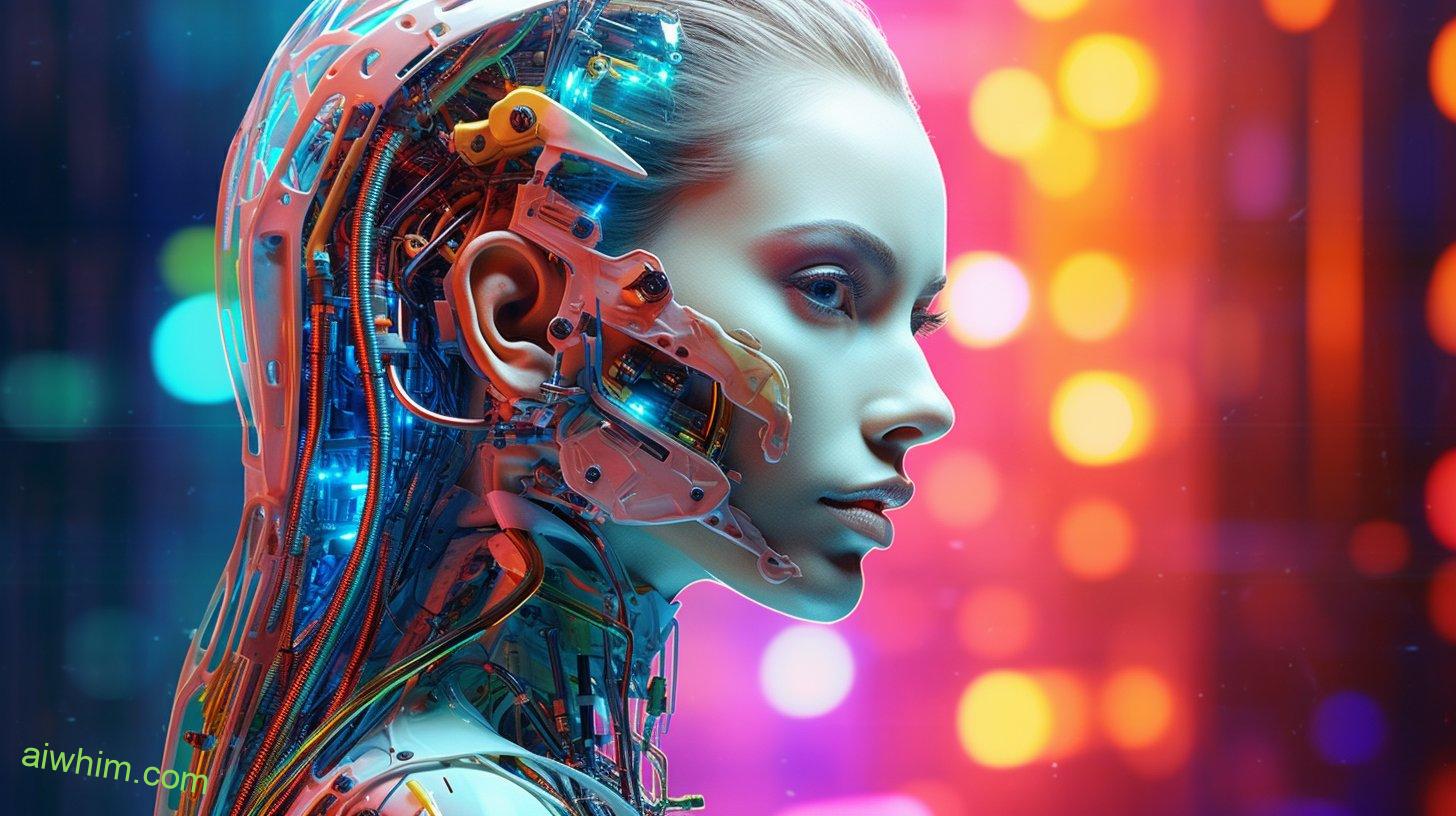Are career counselors adapting to the AI era? You might be skeptical, thinking that technology could never replace the personalized guidance of a human counselor. But in today’s fast-paced world, where artificial intelligence is becoming increasingly integrated into our daily lives, it’s important to consider how career counseling is evolving.
This article explores how career counselors are embracing AI tools to enhance their practices and navigate the ever-changing job market, ensuring you receive the freedom and guidance you need for your career success.
Key Takeaways
- AI is revolutionizing the field of career counseling by providing accurate and data-driven guidance.
- Career counselors must stay updated on technological advancements and adapt to better serve their clients.
- AI tools enhance efficiency in career counseling by automating routine tasks and providing personalized guidance.
- Ethical considerations, such as privacy and bias, should be taken into account when using AI in career counseling.

The Impact of AI on Career Counseling
Have you considered how AI is revolutionizing the field of career counseling? With the impact of automation and job market trends, it’s crucial to understand how AI is reshaping the way we navigate our careers. In this new era, AI-powered career counseling tools are providing individuals with the freedom to take control of their professional journey.
Gone are the days when career counselors relied solely on their expertise and intuition. AI is now stepping in to provide more accurate and data-driven guidance. These tools utilize algorithms and machine learning to analyze vast amounts of information about the job market, industry trends, and individual skills and preferences. By doing so, AI can offer personalized recommendations and insights that empower individuals to make informed decisions about their careers.
The impact of automation has created a shift in the job market, with certain roles becoming obsolete while new ones emerge. AI-powered career counseling tools can help individuals identify these trends and adapt accordingly. They can provide valuable information about the skills in demand, the industries that are growing, and the potential career paths that align with an individual’s interests and qualifications.
Moreover, these tools can assist in identifying transferable skills and alternative career options. For example, if a person’s current role is at risk of automation, AI can suggest alternative career paths that utilize their existing skills. This empowers individuals to proactively respond to the changing job market and explore new opportunities.
In this era of technological advancements, AI is revolutionizing career counseling by providing individuals with the freedom to explore, adapt, and make informed decisions about their professional lives. By harnessing the power of AI, individuals can navigate the impact of automation and job market trends to ensure their continued success and fulfillment in their careers.

Evolution of Career Counseling in the AI Era
Are you prepared for the changes in career counseling brought about by the AI era? The evolution of technology has brought both challenges and opportunities to various industries, and career counseling is no exception. As artificial intelligence continues to advance, it’s crucial for career counselors to adapt and embrace the changes to better serve their clients.
Here are three key aspects to consider in this evolving landscape:
- Personalization: AI algorithms can analyze vast amounts of data to provide tailored career guidance based on individual strengths, interests, and market trends. This personalized approach allows career counselors to offer more targeted and relevant advice to their clients, enhancing the overall career planning experience.
- Skill Development: The AI era demands a new set of skills, and career counselors must stay updated on the latest technological advancements and digital tools. By integrating AI into their practice, counselors can equip themselves with the knowledge and resources necessary to guide individuals in acquiring the skills needed for future job opportunities.
- Ethical Concerns: As AI continues to play a larger role in career counseling, ethical considerations arise. Career counselors must navigate the balance between relying on AI tools and maintaining the human touch that’s crucial in providing emotional support and empathy. It’s essential to ensure that AI is used as a complement to counseling rather than a replacement.
In this era of rapid technological advancements, career counselors must embrace the changes brought about by AI. By personalizing career guidance, developing new skills, and addressing ethical concerns, counselors can navigate the evolving landscape and continue to empower individuals in their career journeys.
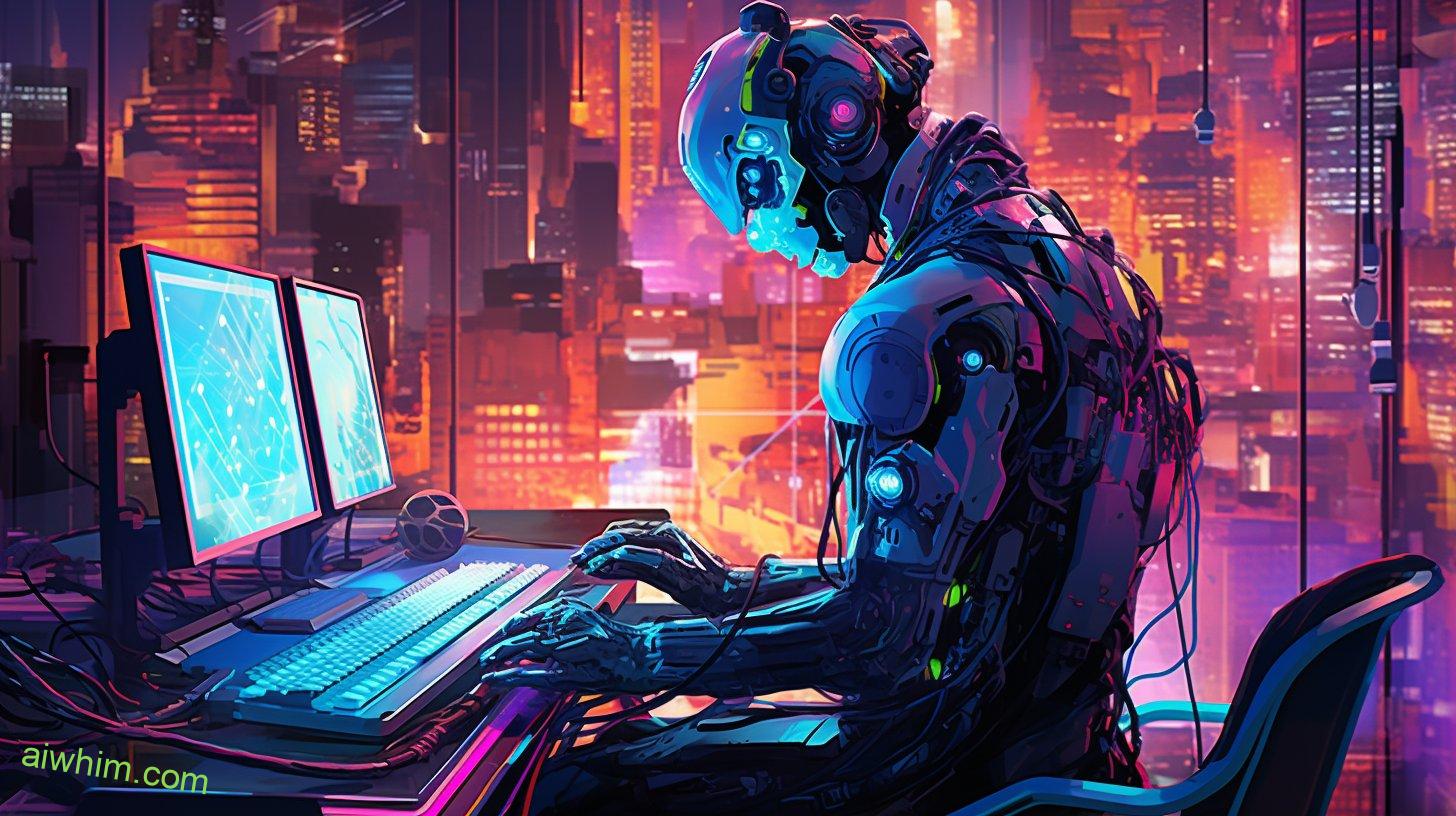
Challenges Faced by Career Counselors in the AI Era
As a career counselor in the AI era, you must navigate the challenges posed by technological advancements and ensure your clients receive personalized guidance. The impact of AI on career counseling has brought about both opportunities and challenges.
On one hand, AI has enabled counselors to access vast amounts of data and provide more accurate career advice. On the other hand, it has raised concerns about the potential replacement of human counselors by AI systems.
One of the challenges faced by career counselors in the AI era is the need to stay up-to-date with the latest technologies and tools. AI is constantly evolving, and counselors must keep pace with these advancements to effectively integrate them into their practice. This requires continuous learning and professional development.
Another challenge is maintaining the human element in career counseling. While AI can provide valuable insights and recommendations, it lacks the ability to understand the unique circumstances and emotions of each individual. Career counselors must strive to balance the use of AI with their own expertise and empathy to ensure clients receive personalized guidance.
Additionally, the ethical implications of using AI in career counseling can’t be ignored. Counselors must consider issues such as data privacy, bias in algorithms, and the potential for AI to reinforce existing inequalities. They have a responsibility to advocate for their clients and ensure that AI systems are used ethically and responsibly.

Integrating AI Tools Into Career Counseling Practices
To effectively support your clients in their careers, you should consider integrating AI tools into your career counseling practices and maximize their potential. AI tools have revolutionized various industries, and career counseling is no exception. These tools can provide numerous benefits and help you stay ahead in the ever-evolving job market.
Here are three reasons why you should embrace AI tools in your career counseling practices:
- Enhanced Efficiency: AI tools can automate routine tasks, such as resume screening and job matching, allowing you to focus on providing personalized guidance to your clients. By streamlining these processes, you can save time and increase your productivity, ultimately serving more clients effectively.
- Data-driven Insights: AI tools can analyze vast amounts of data to provide valuable insights about job trends, skills in demand, and salary expectations. This information can help you guide your clients towards lucrative opportunities and equip them with the right skills to succeed in their chosen career path.
- Personalized Career Guidance: AI tools can create personalized career development plans based on individual skills, interests, and goals. By leveraging AI algorithms, you can offer tailored advice to each client, ensuring that they receive guidance that aligns with their unique needs and aspirations.
While AI tools offer significant benefits, it’s important to acknowledge their limitations:
- Lack of Human Connection: AI tools may lack the human touch and empathy that’s crucial in career counseling. Building trust and rapport with clients is essential, and AI tools should be used as a supplement rather than a replacement for human interaction.
- Reliance on Data Quality: AI tools heavily rely on the quality and accuracy of the data they analyze. It’s essential to ensure that the data used by these tools is reliable and up-to-date to avoid providing misleading guidance to clients.
- Ethical Considerations: AI tools must be used responsibly, taking into account ethical considerations such as privacy and bias. It’s important to be transparent with your clients about how their data is being used and to address any concerns they may have.

Enhancing Career Guidance With AI Technology
You can enhance career guidance by integrating AI technology into your counseling practices. In today’s fast-paced world, career choices are becoming more complex, and individuals are seeking personalized guidance to make informed decisions.
AI powered career assessments can provide valuable insights into an individual’s skills, interests, and personality traits, helping them discover suitable career paths. These assessments use advanced algorithms and machine learning techniques to analyze vast amounts of data and generate accurate results.
By incorporating AI technology into your counseling practices, you can offer your clients a more comprehensive and tailored approach to career guidance.
AI powered career assessments go beyond traditional methods by providing a holistic view of an individual’s strengths and weaknesses. They can identify potential career opportunities that may have been overlooked, and highlight areas where additional development may be needed.
With the help of AI, you can offer personalized career recommendations that align with your clients’ unique abilities and aspirations. This level of customization can greatly enhance the effectiveness of your counseling sessions, as it ensures that your clients receive guidance that’s relevant to their specific needs and goals.
Furthermore, AI technology can also assist in tracking career trends and market demands. It can analyze real-time data to identify emerging industries and job roles, giving you the ability to provide up-to-date information and advice to your clients.
By staying ahead of the curve, you can empower your clients to make informed decisions about their career paths, ensuring they’re well-prepared for the future.
In conclusion, integrating AI technology into your counseling practices can greatly enhance career guidance. AI powered career assessments and personalized recommendations offer a more comprehensive and tailored approach to helping individuals make informed career decisions. By leveraging the power of AI, you can provide your clients with valuable insights and guidance that will set them on the path to success.
Embrace this technology and empower your clients to achieve their career goals with confidence.
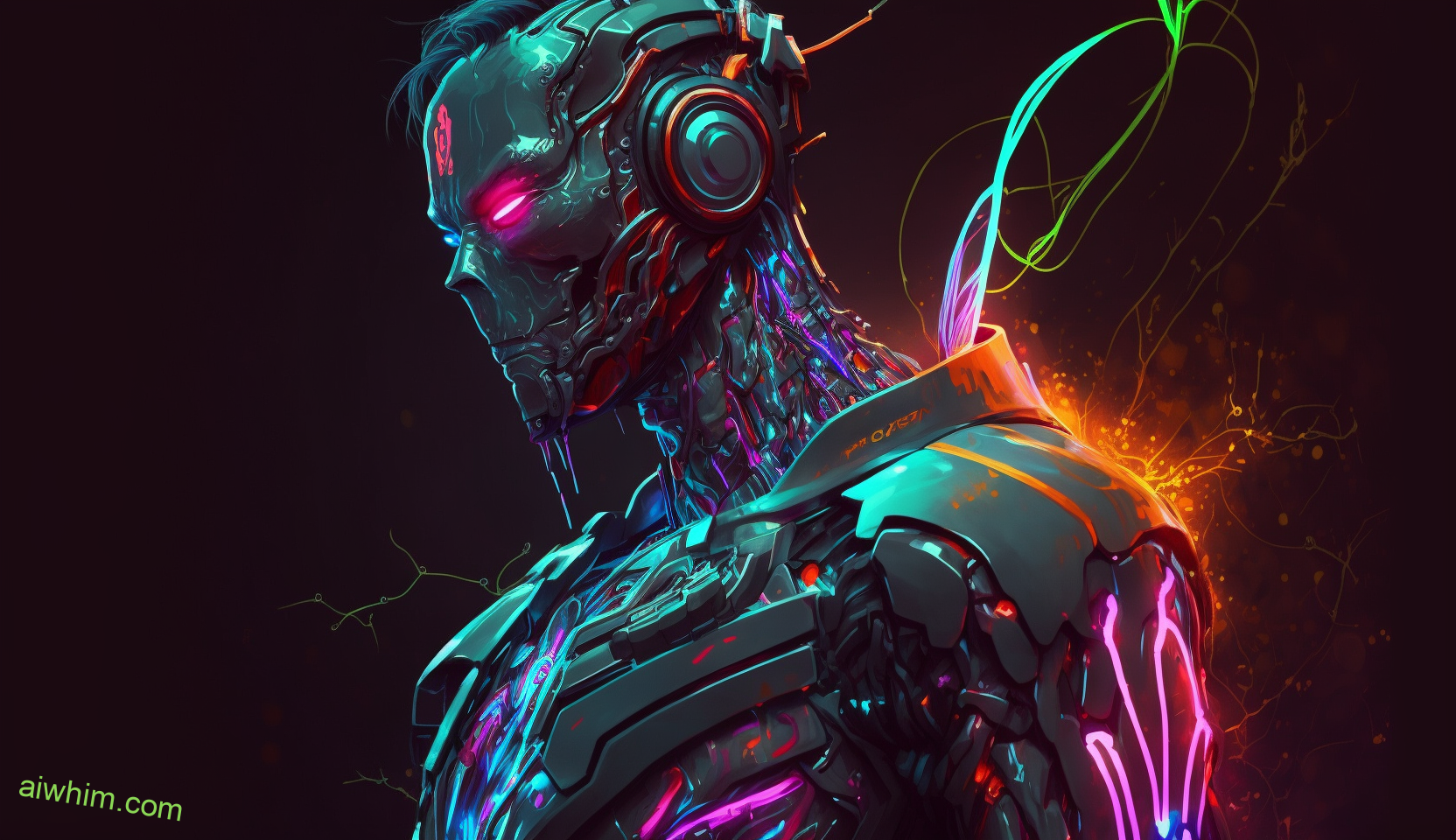
Training and Education for AI-Enabled Career Counselors
Are you considering the benefits of training and education in becoming an AI-enabled career counselor? In today’s rapidly evolving job market, the role of career counselors has never been more crucial. As technology continues to advance, the incorporation of AI into the field of career counseling presents both opportunities and challenges.
Here are three key points to consider:
- Improved efficiency: With AI, career counselors can leverage data analytics and machine learning algorithms to gather valuable insights about job trends, skills in demand, and potential career pathways. This allows for a more accurate and efficient matching of individuals to suitable career options.
- Enhanced personalization: AI-enabled career counselors can provide personalized guidance based on individuals’ unique interests, skills, and aspirations. By analyzing vast amounts of data, AI can offer tailored recommendations and strategies to help individuals navigate their career journeys successfully.
- Ethical considerations: As AI becomes more prevalent in the field of career counseling, it’s essential to address the ethical implications. Questions surrounding data privacy, bias in algorithms, and the potential for job displacement need to be carefully considered. Proper training and education can equip career counselors with the knowledge and skills to navigate these ethical challenges and ensure the responsible use of AI tools.
In order to harness the full potential of AI in career counseling, it’s crucial for professionals in the field to undergo appropriate training and education. This won’t only help them adapt to the changing landscape but also enable them to provide valuable guidance to individuals seeking career advice. By embracing AI and staying abreast of the latest advancements, you can position yourself as a competent and future-ready AI-enabled career counselor.

Ethical Considerations in AI-Based Career Counseling
As professionals in AI-based career counseling, it’s important to frequently evaluate and address the ethical considerations that arise with the use of artificial intelligence. The rapid advancement of AI technology has opened up new possibilities for career counseling, but it also brings with it certain ethical implications and privacy concerns.
One of the main ethical implications of AI-based career counseling is the potential for bias. AI algorithms are created by humans and can inherit their biases, which can inadvertently perpetuate discrimination or unfairness. It’s crucial for career counselors to be aware of these biases and take steps to mitigate them, ensuring that the AI systems they use are fair and unbiased.
Privacy concerns are another important aspect to consider in AI-based career counseling. AI systems often collect and process large amounts of personal data, such as educational background, work experience, and even personality traits. Career counselors must prioritize the protection of this sensitive information, ensuring that it’s stored securely and only used for its intended purpose. Transparency and consent are key in gaining the trust of clients and maintaining their privacy.
Furthermore, there’s a need for clear communication with clients about the limitations and capabilities of AI-based career counseling. It’s important to set realistic expectations and make it clear that AI is a tool, not a replacement for human expertise and guidance. Clients should be empowered to make informed decisions about the use of AI in their career counseling journey.
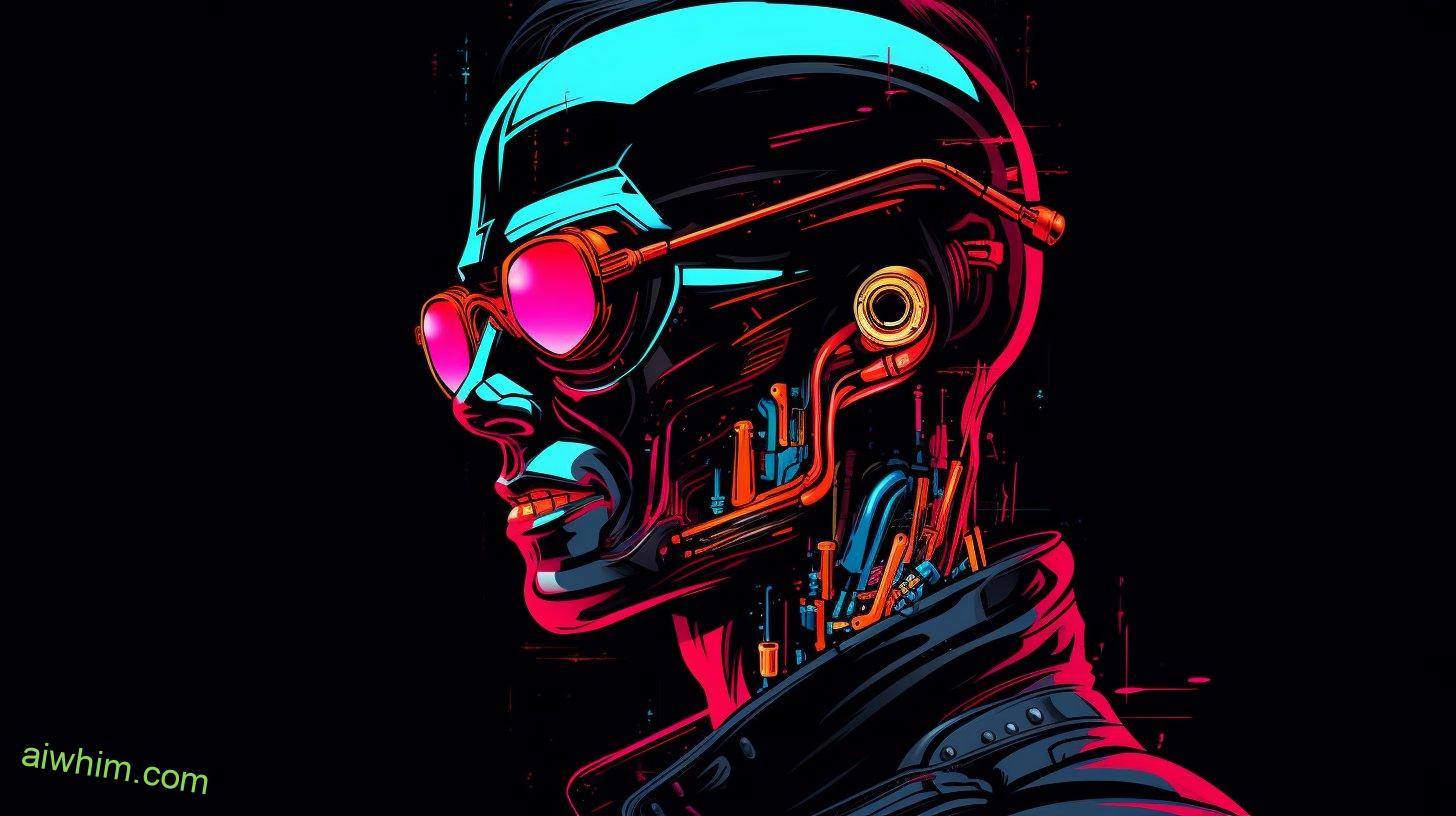
Advantages and Limitations of AI in Career Counseling
In exploring the advantages and limitations of AI in career counseling, it’s important to consider the impact it can have on client satisfaction and engagement. AI technology has the potential to revolutionize the way career counseling is conducted, offering numerous benefits and opportunities. However, it also comes with its own set of limitations and challenges that need to be addressed. Let’s take a closer look:
- Efficiency: AI can process vast amounts of data in a fraction of the time it would take a human career counselor. This means quicker and more accurate assessments of skills, interests, and personality traits, leading to more efficient career recommendations.
- Accessibility: AI can reach a wider audience, breaking down barriers such as geographical limitations and financial constraints. With AI-powered career counseling platforms, individuals can access guidance and support anytime, anywhere, empowering them to make informed career decisions.
- Personalization: AI has the ability to personalize career counseling experiences based on individual needs and preferences. Through machine learning algorithms, AI can adapt and tailor its recommendations to each client, providing a customized approach that addresses their unique career aspirations.
However, it’s important to acknowledge the limitations of AI in career counseling:
- Lack of Human Connection: AI may lack the human touch and empathy that clients often seek in a career counselor. Building trust and rapport can be challenging when interacting with a machine, potentially affecting the overall client experience.
- Ethical Concerns: There are ethical concerns surrounding the use of AI in career counseling, including issues of privacy, data security, and bias. It’s crucial to establish clear guidelines and regulations to ensure the responsible and ethical use of AI technologies.
- Complexity of Career Decision-making: Career decisions involve complex factors that go beyond data and algorithms. AI may struggle to fully understand and capture the nuances of an individual’s career goals, values, and aspirations, limiting its effectiveness in providing holistic career guidance.
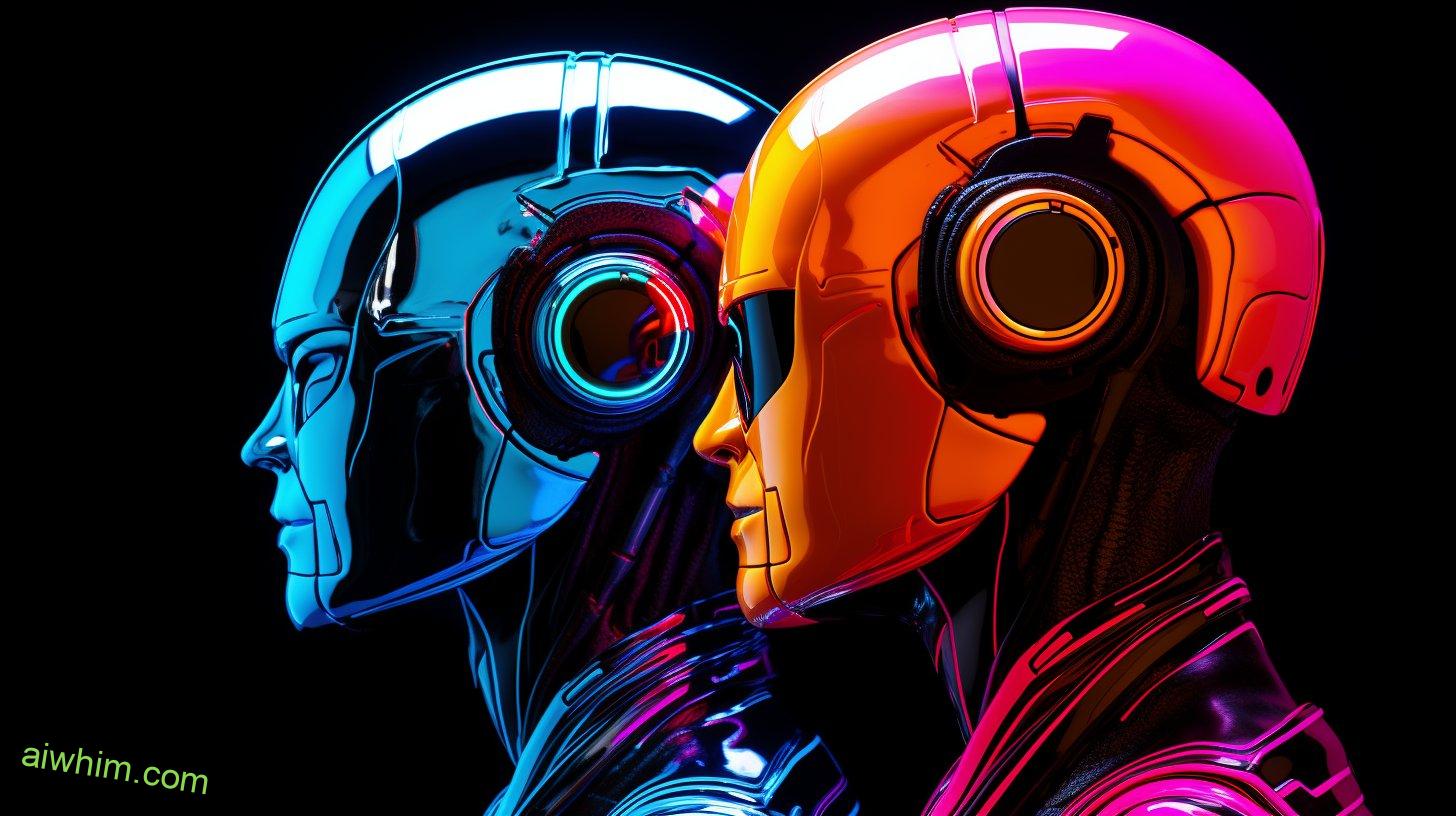
Human Touch Vs. AI: Striking the Right Balance in Career Counseling
You should consider the benefits and drawbacks of both human touch and AI in career counseling to strike the right balance for your clients. Balancing human expertise and automated guidance is crucial in today’s rapidly evolving world. While AI offers convenience and efficiency, it lacks the personal connection and understanding that a human career counselor can provide. On the other hand, human career counselors may have biases or limited knowledge compared to AI systems that have access to vast databases and algorithms. By finding the right balance between human touch and AI, you can offer your clients the best of both worlds.
To help you visualize the advantages and drawbacks of each approach, here is a comparison table:
| Human Touch | AI |
|---|---|
| Provides personalized guidance | Offers efficiency and convenience |
| Can empathize and understand individual circumstances | Has access to vast databases and algorithms |
| May have biases or limited knowledge | Lacks personal connection |
| Can adapt and provide emotional support | Does not possess emotional intelligence |
| Offers real-time feedback and interactive sessions | Provides consistent and objective advice |
As a career counselor, it is essential to leverage the strengths of both human touch and AI to enhance your services. Incorporating AI tools can streamline administrative tasks and provide data-driven insights, while your expertise and empathy can offer personalized guidance and emotional support. By striking the right balance, you can deliver a well-rounded and effective career counseling experience that meets the unique needs and desires of your clients.

Addressing Misconceptions About AI in Career Counseling
Don’t dismiss the potential of AI in career counseling due to misconceptions. AI technology has made significant advancements in recent years, and it holds great promise in revolutionizing the field of career counseling. Let’s address some common misconceptions and explore the benefits that AI brings to career counseling:
- Enhanced Efficiency: AI can analyze vast amounts of data in seconds, providing career counselors with valuable insights and recommendations. This enables counselors to offer more efficient and tailored guidance to individuals seeking career advice.
- Objective Decision-Making: Unlike humans, AI algorithms aren’t influenced by biases or personal opinions. They can provide unbiased and objective assessments, helping individuals make well-informed decisions about their career paths. This ensures that everyone has an equal opportunity to explore various options and pursue their passions.
- Continuous Learning: AI systems can continuously learn and adapt based on user feedback and outcomes. This allows them to improve their recommendations over time, providing individuals with up-to-date and relevant career advice. It also enables counselors to stay updated with industry trends and changes, ensuring that they offer the most accurate guidance.
By addressing these misconceptions and embracing the benefits of AI in career counseling, we can unlock a world of possibilities for individuals seeking guidance on their career journeys. AI technology can complement the human touch in counseling, offering efficiency, objectivity, and continuous learning.
Together, we can create a future where individuals have the freedom to explore their passions and make informed decisions about their careers. So let’s embrace the potential of AI in career counseling and revolutionize the way we guide individuals towards fulfilling and successful careers.
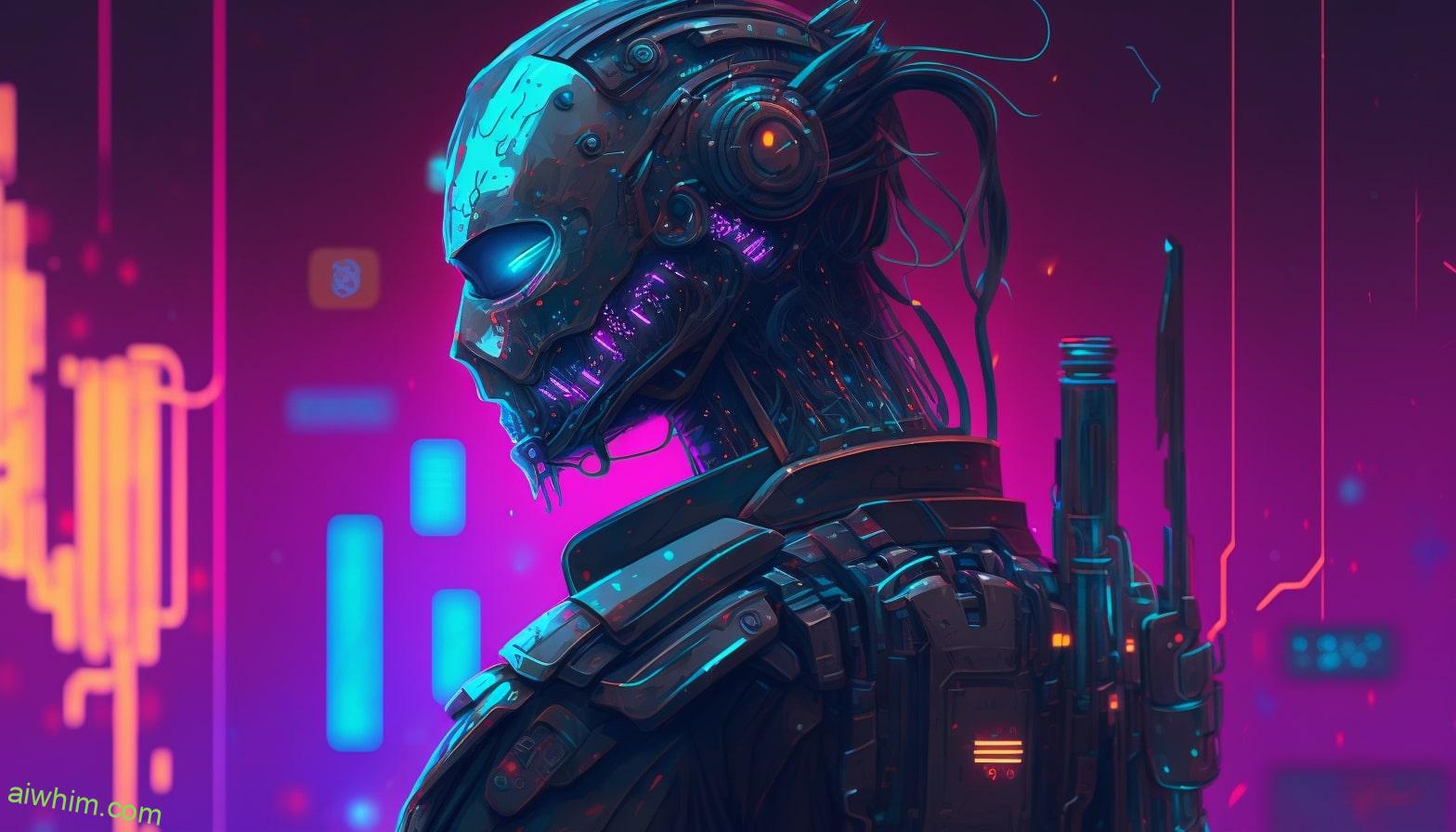
There are several ways that career counselors can adapt and play a crucial role in navigating the AI-driven job market.
As the job market becomes increasingly influenced by artificial intelligence, it’s important for career counselors to integrate AI algorithms into their practices. By doing so, they can provide personalized career advice that takes into account the changing landscape of employment.
One way career counselors can adapt is by embracing AI technology and using it as a tool to enhance their services. Instead of viewing AI as a threat to their profession, counselors can see it as an opportunity to improve their ability to assist individuals in finding meaningful careers. By integrating AI algorithms into their counseling sessions, career counselors can gather data and analyze trends to provide more accurate and targeted advice.
Additionally, career counselors can play a crucial role in helping individuals navigate the complexities of the AI-driven job market. They can educate clients on the skills and competencies that are in demand and help them identify opportunities for growth and development. By staying informed about the latest trends and advancements in AI, career counselors can better prepare individuals for the changing nature of work.
Moreover, career counselors can provide personalized career advice that takes into account an individual’s unique skills, interests, and goals. AI algorithms can help counselors analyze vast amounts of data and provide tailored recommendations that align with an individual’s specific needs. This personalized approach can empower individuals to make informed decisions about their career paths and increase their chances of success in the AI-driven job market.
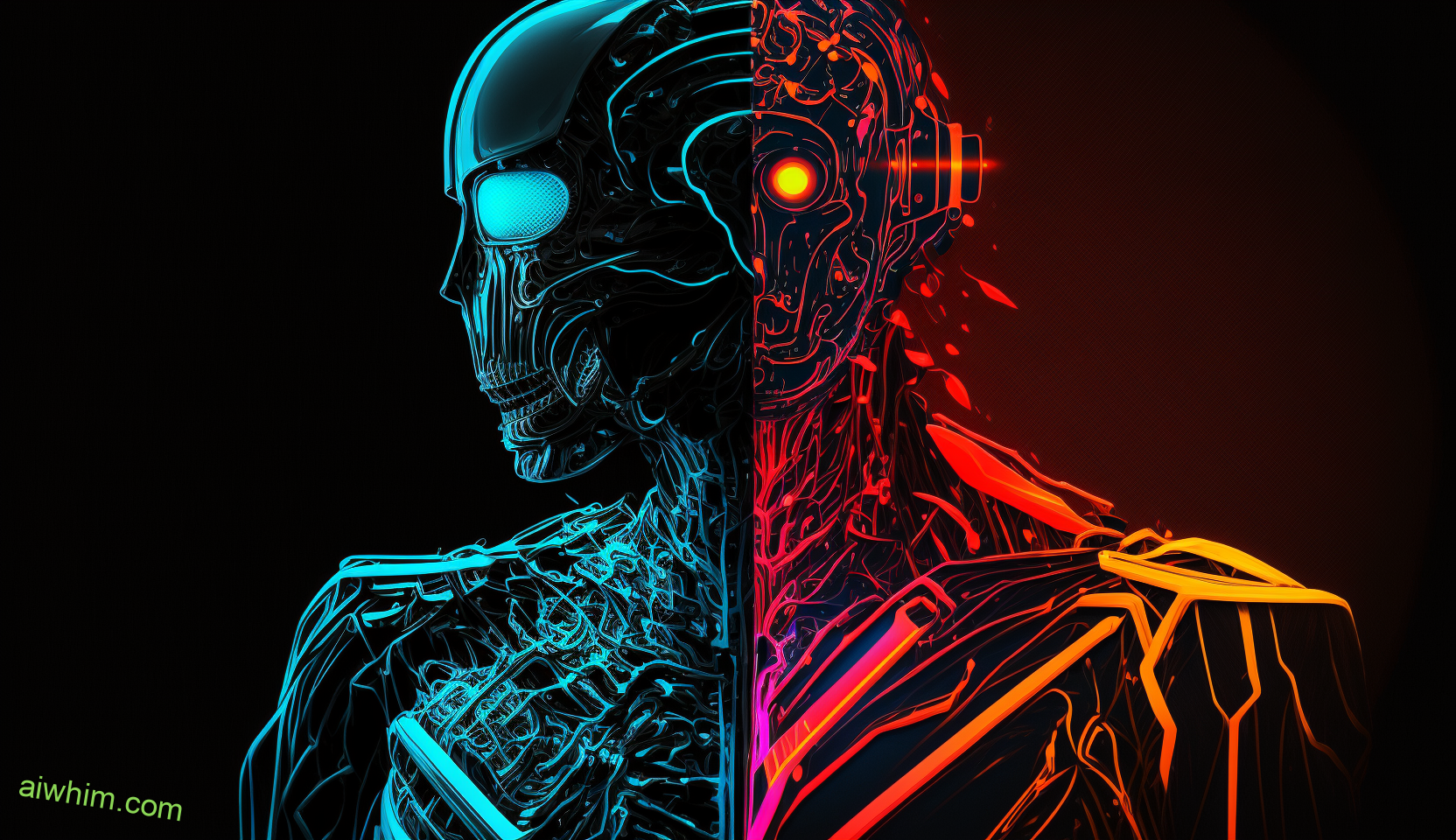
Adapting Traditional Career Counseling Approaches to the AI Era
Career counselors frequently need to adapt their traditional approaches to counseling in order to effectively navigate the AI era. As technology integration becomes more prevalent in the job market, it’s crucial for career counselors to stay up-to-date and adjust their counseling methods to meet the changing needs of their clients.
Here are three key areas where career counselors can focus on adapting their counseling methods in the AI era:
- Embrace AI tools: With the rise of artificial intelligence, career counselors can leverage AI tools to enhance their counseling sessions. These tools can provide valuable insights and data analysis to help counselors better understand their clients’ skills, interests, and career goals. By incorporating AI tools into their counseling process, career counselors can provide more personalized and targeted guidance to their clients.
- Develop digital literacy skills: As technology continues to advance, it’s essential for career counselors to develop their digital literacy skills. This includes staying updated on the latest trends and technologies in the job market, as well as understanding how AI and automation are impacting different industries. By staying informed and knowledgeable about these advancements, career counselors can provide relevant and valuable advice to their clients regarding job opportunities and career paths.
- Foster adaptability and resilience: Adapting to the AI era also means helping clients develop adaptability and resilience in their careers. With the rapid changes brought about by technology, it’s crucial for individuals to be flexible and open to learning new skills and adapting to new roles. Career counselors can play a vital role in helping their clients navigate these changes by providing support, resources, and guidance on how to stay competitive in the evolving job market.
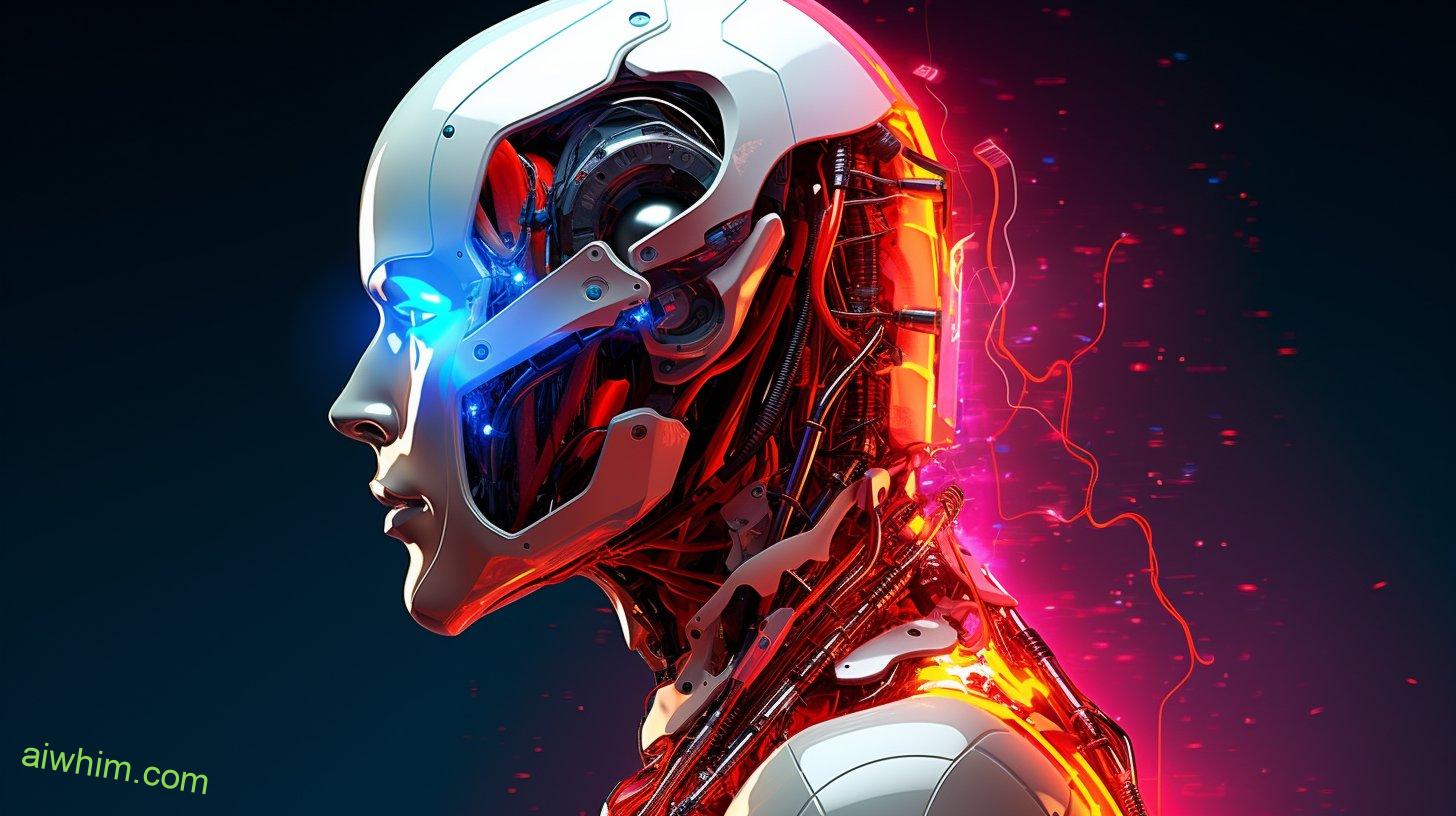
Future of Career Counseling in the Age of AI
You can expect significant changes in the field of career counseling as AI continues to advance and shape the future. The evolving job market demands a new approach to career guidance that’s personalized and tailored to the unique needs and aspirations of individuals. With the rapid advancements in AI technology, career counselors are now able to provide more targeted and accurate advice to help individuals navigate their professional paths.
AI-powered career counseling platforms can analyze vast amounts of data to identify emerging trends and job opportunities. These platforms can also provide personalized recommendations based on an individual’s skills, interests, and goals. By leveraging AI, career counselors can offer a more comprehensive and efficient service, ensuring that individuals receive the guidance they need to make informed career decisions.
Furthermore, AI can assist in overcoming traditional biases that may exist in the field of career counseling. By removing human biases, AI can provide unbiased recommendations and advice to individuals, promoting a fair and equitable approach to career guidance.
However, it’s important to note that while AI can enhance the field of career counseling, it can’t replace human interaction entirely. Career counselors play a crucial role in providing emotional support, motivation, and guidance to individuals. AI should be seen as a tool to augment their expertise rather than replace it.

Frequently Asked Questions
How Can Career Counselors Ensure That AI Tools Are Used Effectively and Ethically in Career Counseling Practices?
To ensure effective and ethical use of AI tools in career counseling, you must stay informed about the latest advancements and best practices. Embrace AI as a tool to enhance your expertise and provide personalized guidance to clients.
What Are Some Potential Advantages and Limitations of AI in Career Counseling?
Discover the potential advantages of AI in career counseling, like increased efficiency and personalized guidance. But be aware of its limitations, such as the lack of human connection and the potential for biased algorithms.
How Can Career Counselors Strike the Right Balance Between Human Touch and AI in Their Counseling Sessions?
To strike the right balance between human touch and AI in your counseling sessions, focus on enhancing outcomes. Embrace the benefits AI brings, such as efficiency and data analysis, while still valuing the personal connection and empathy you offer as a career counselor.
What Misconceptions About AI in Career Counseling Need to Be Addressed?
Addressing misconceptions about AI in career counseling is crucial. You should educate yourself about the ethical use of AI and understand its limitations. Don’t assume that AI will replace human touch completely; it can complement and enhance the counseling process.
How Can Career Counselors Adapt Traditional Career Counseling Approaches to Better Serve Clients in the AI Era?
To better serve clients in the AI era, adapt your counseling approaches. Embrace the transformative power of AI and incorporate it into career guidance. Stay proactive, informed, and open-minded, guiding individuals towards opportunities in this technological landscape.
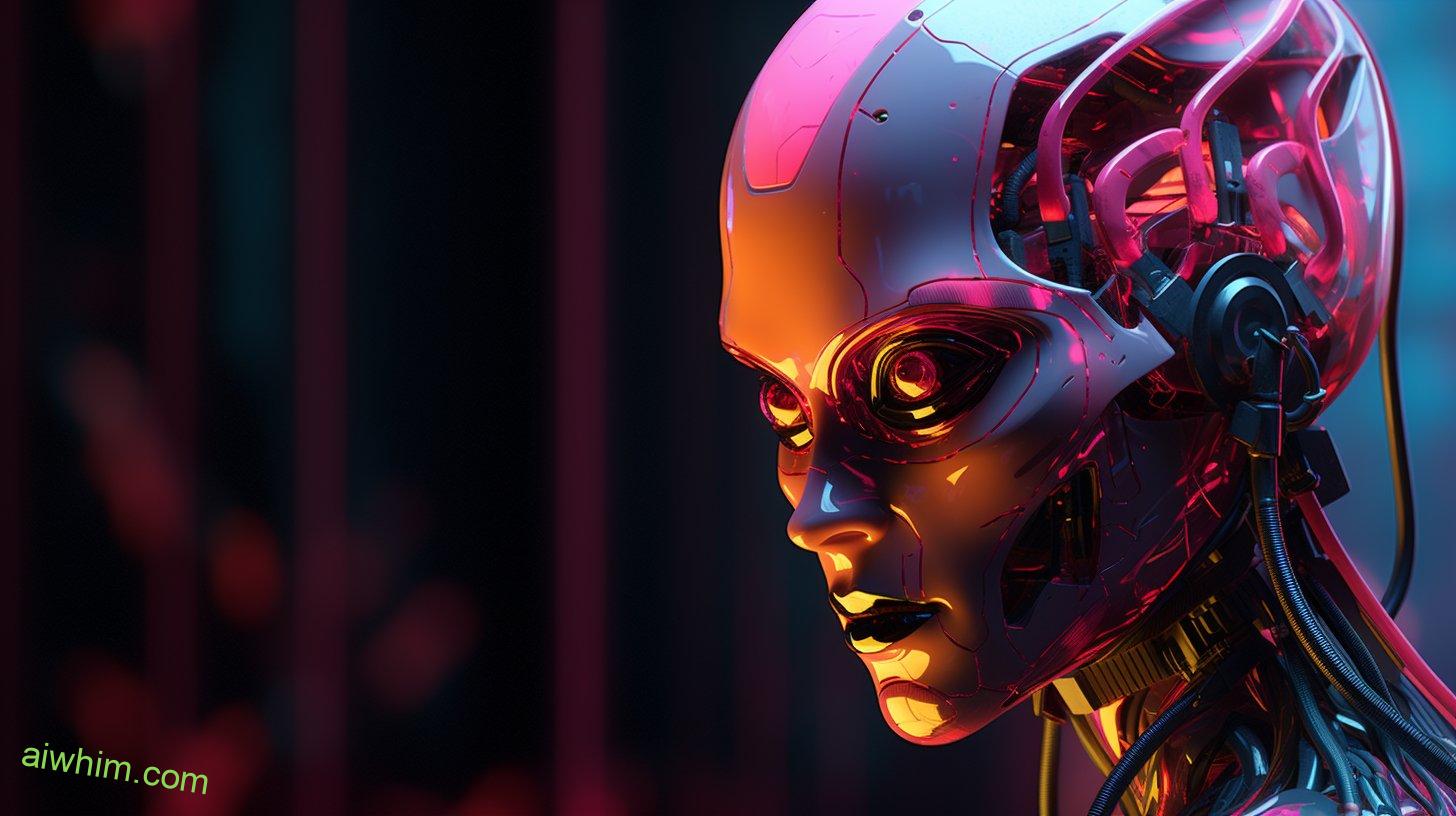
Conclusion
You hold the compass in the ever-changing landscape of the AI era. As career counselors adapt to the advancements in technology, they must embrace AI tools to enhance their guidance and navigate the job market.
By debunking misconceptions and integrating AI into their practices, counselors can empower individuals to thrive in this new age.
The future of career counseling lies in the hands of those who embrace the potential of AI and forge new paths towards success.

